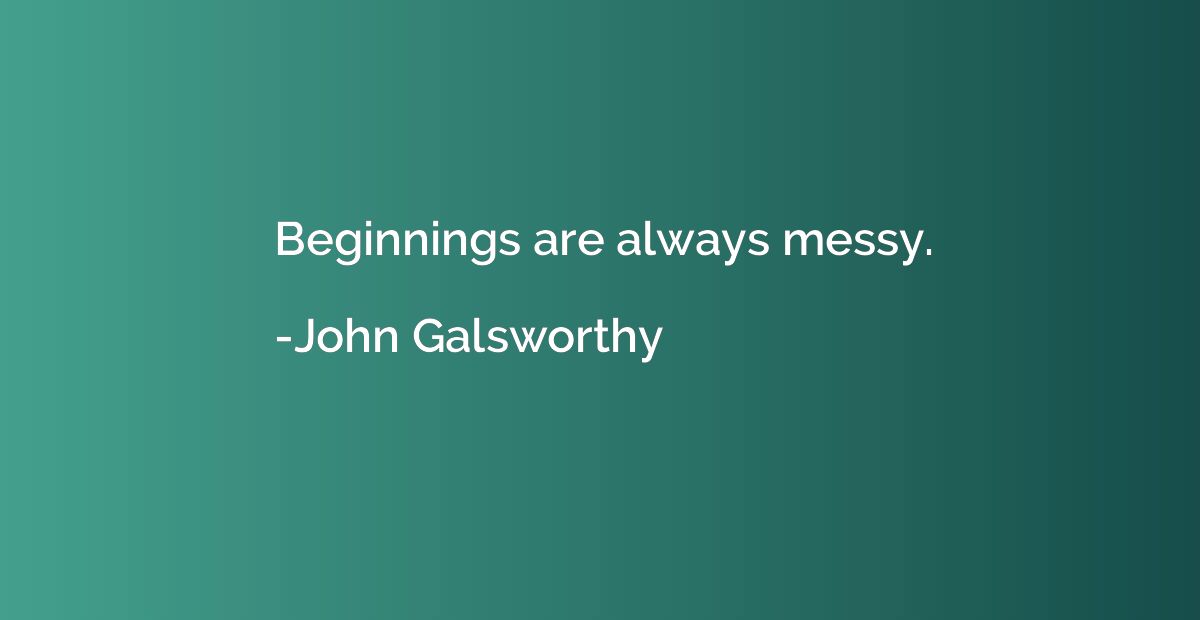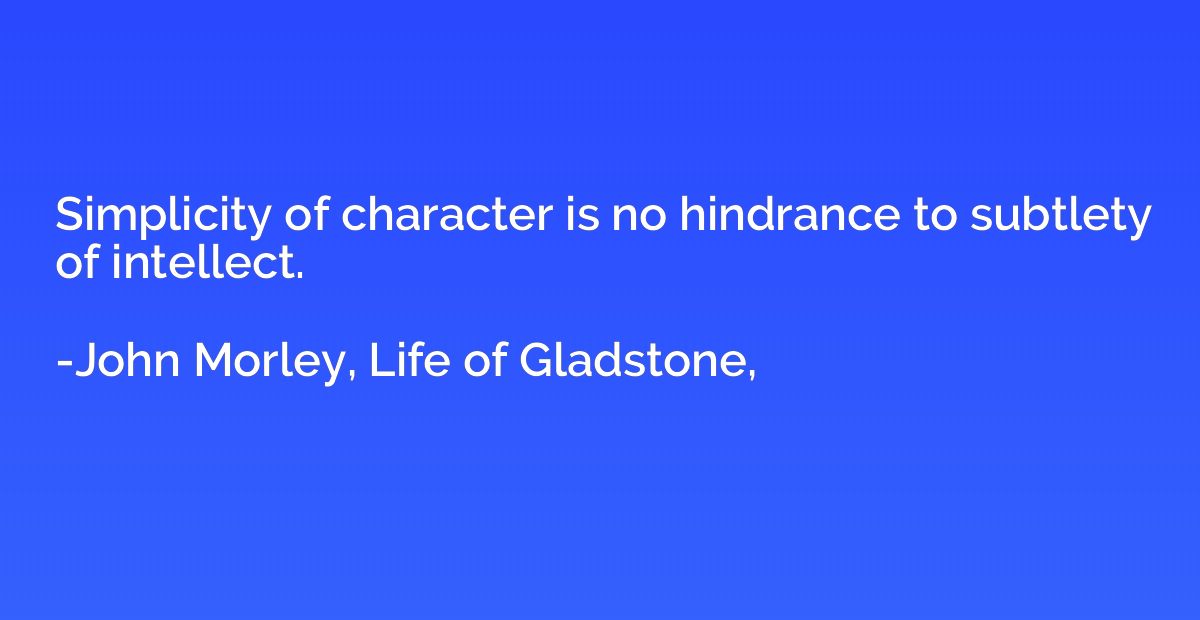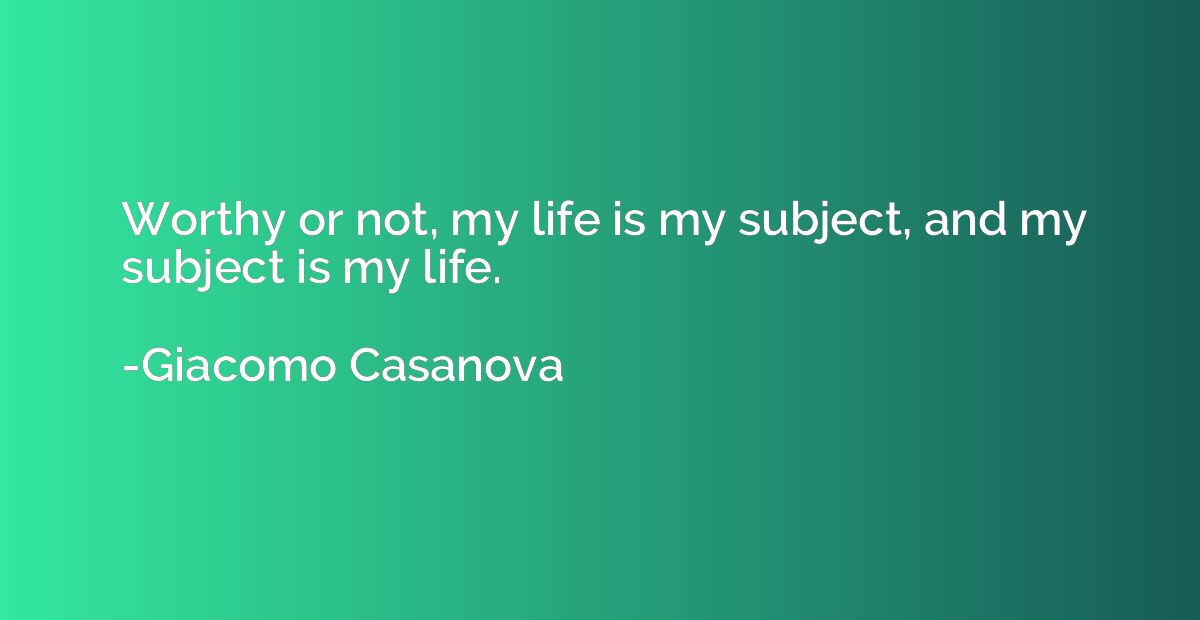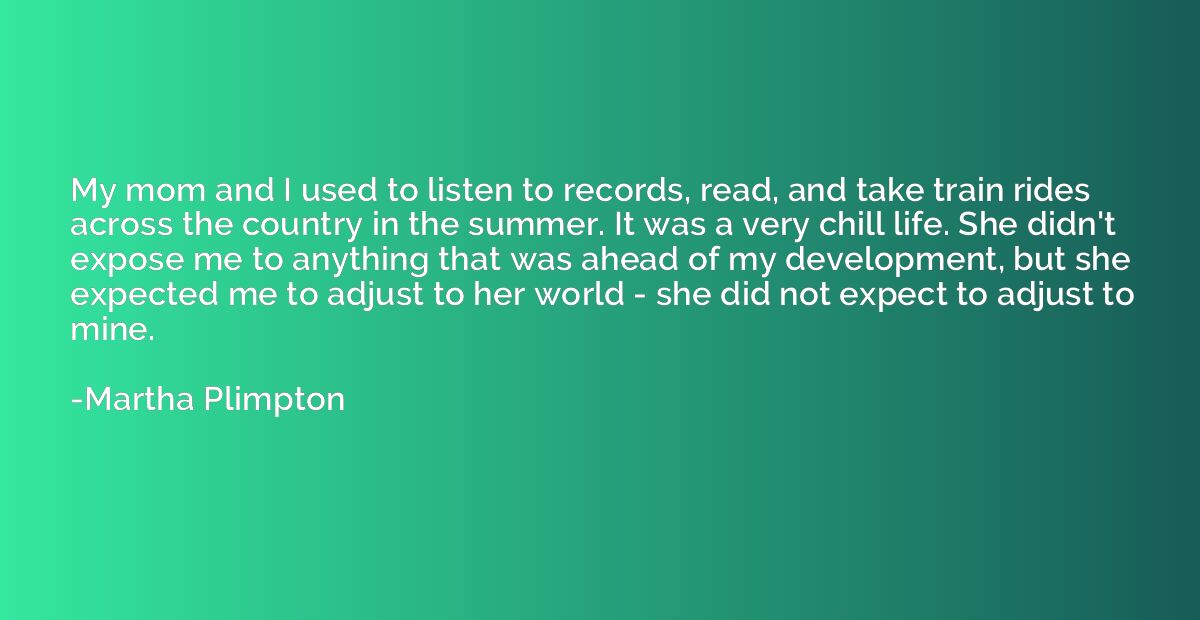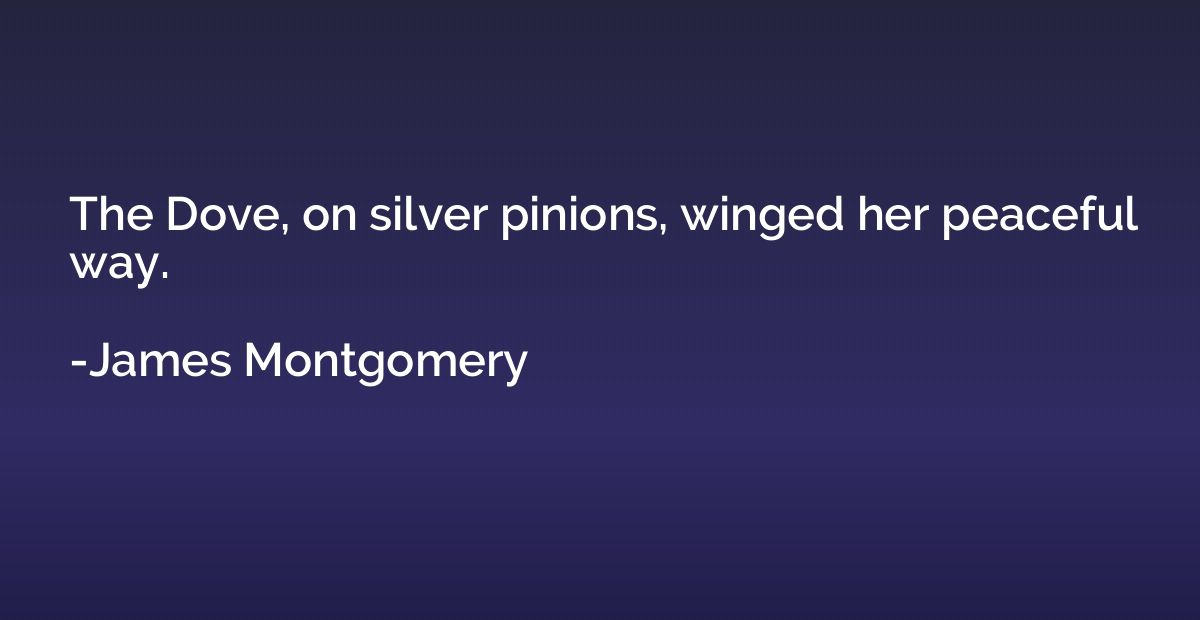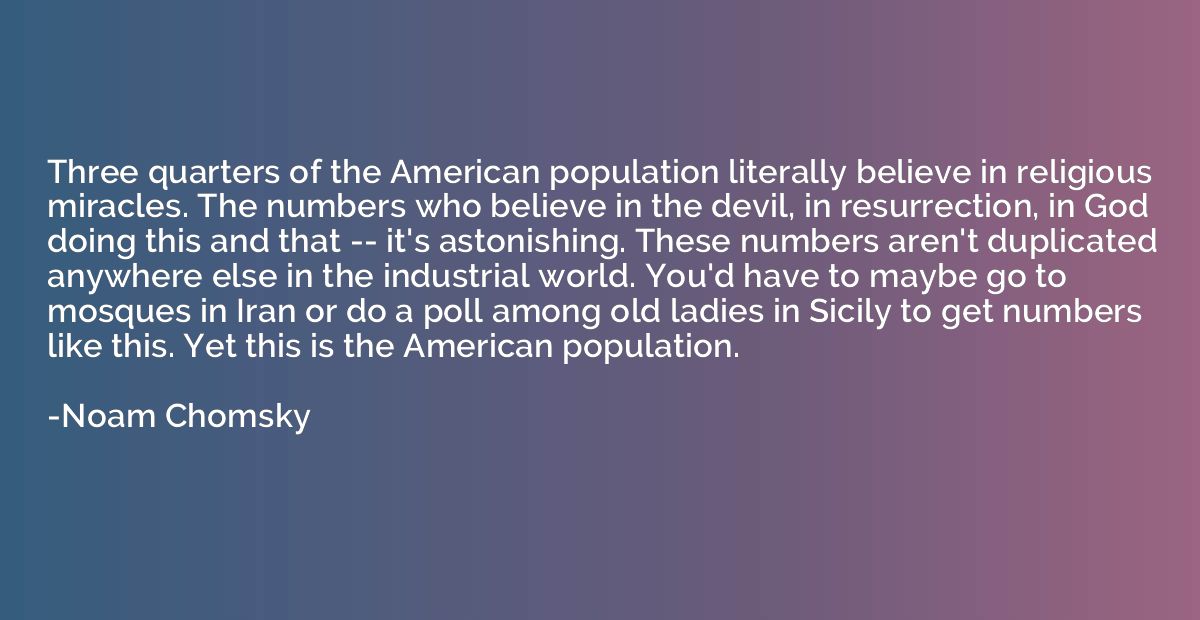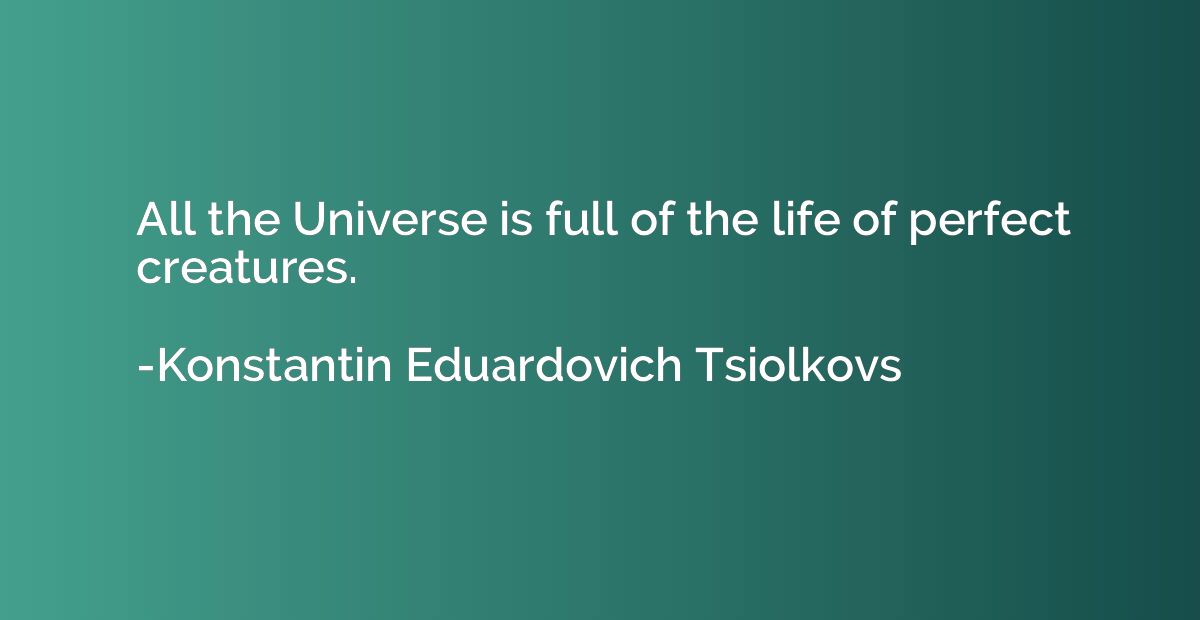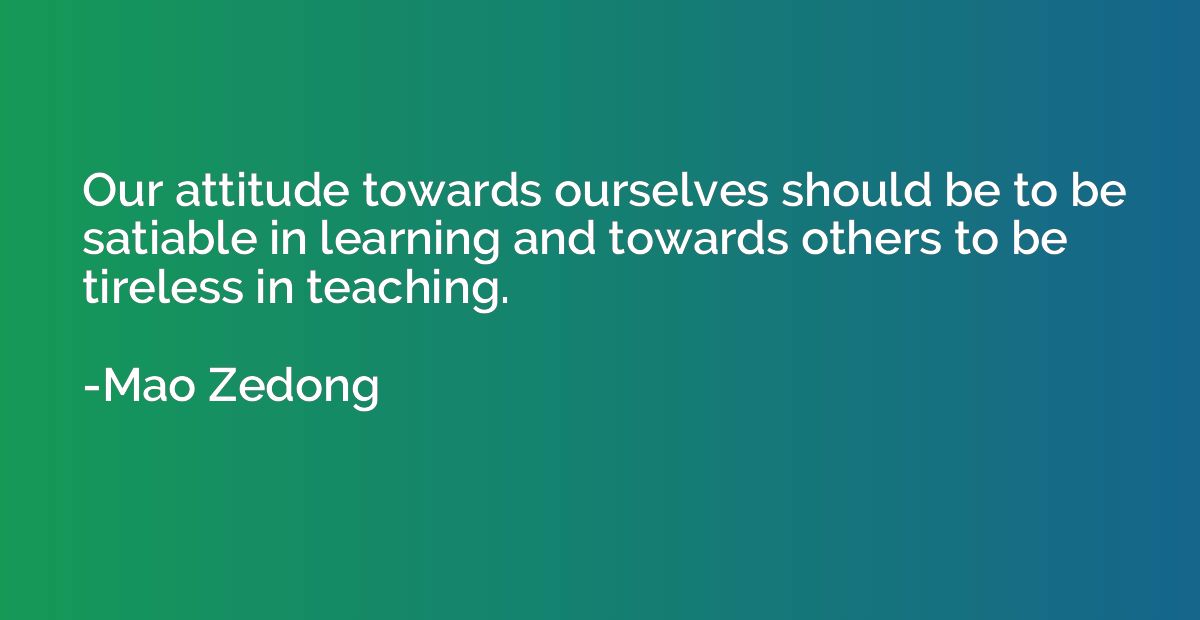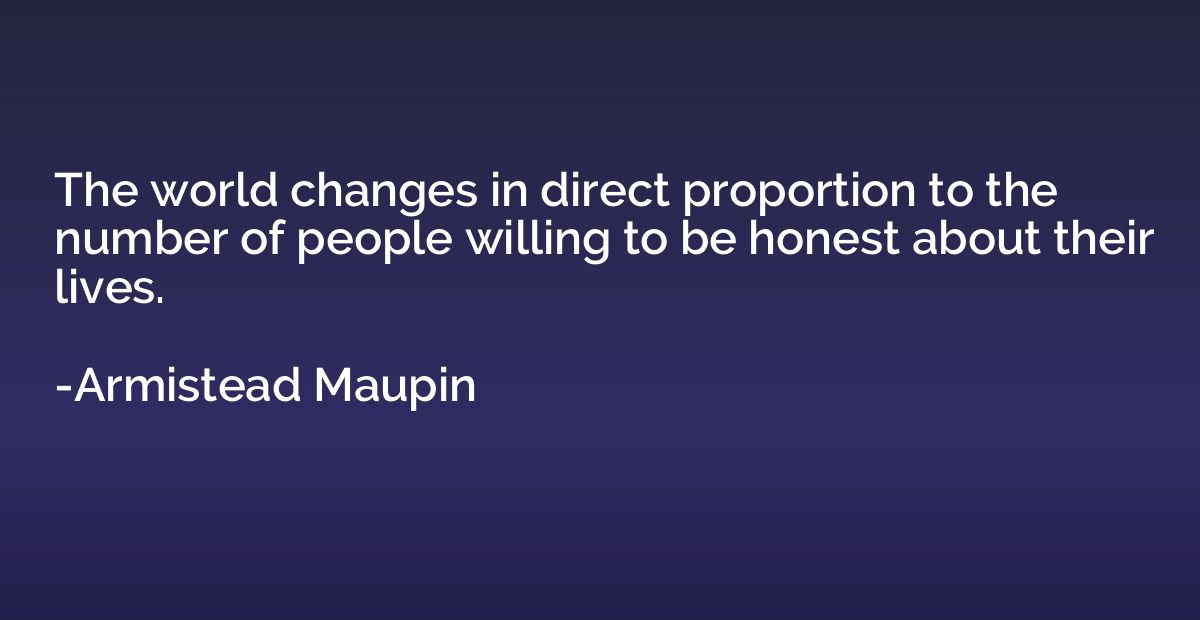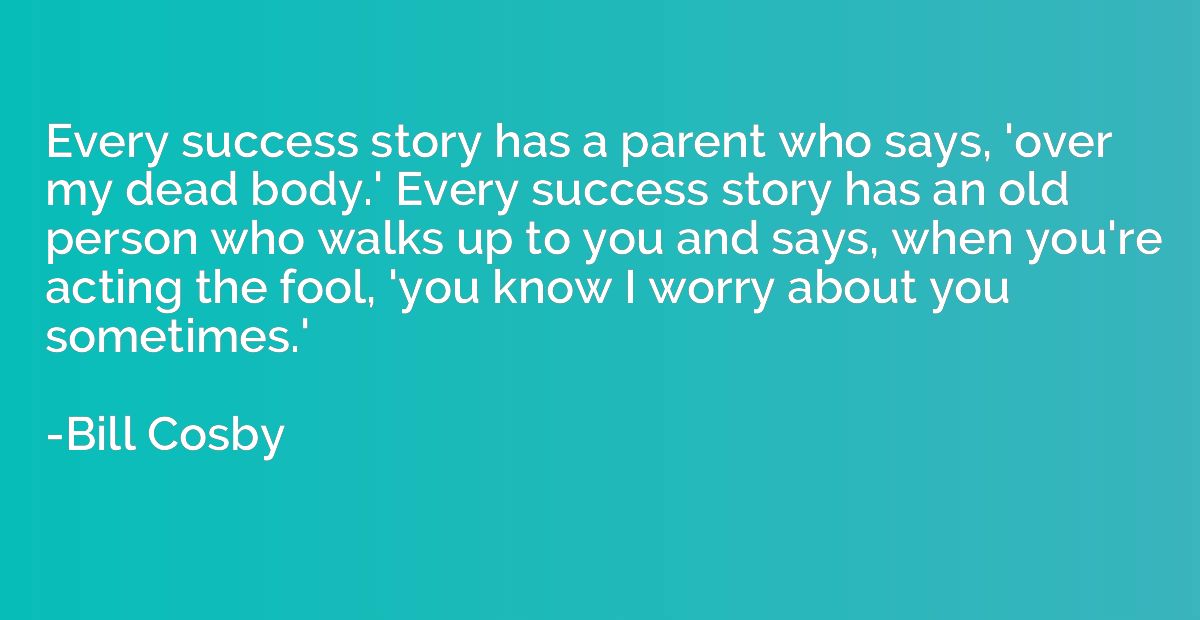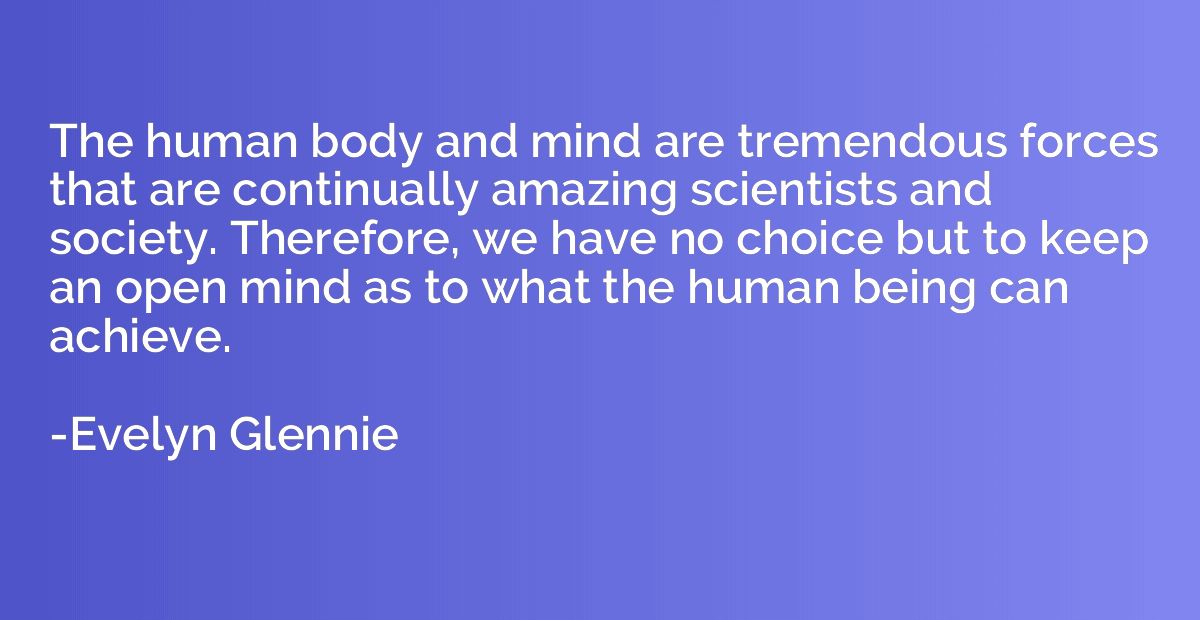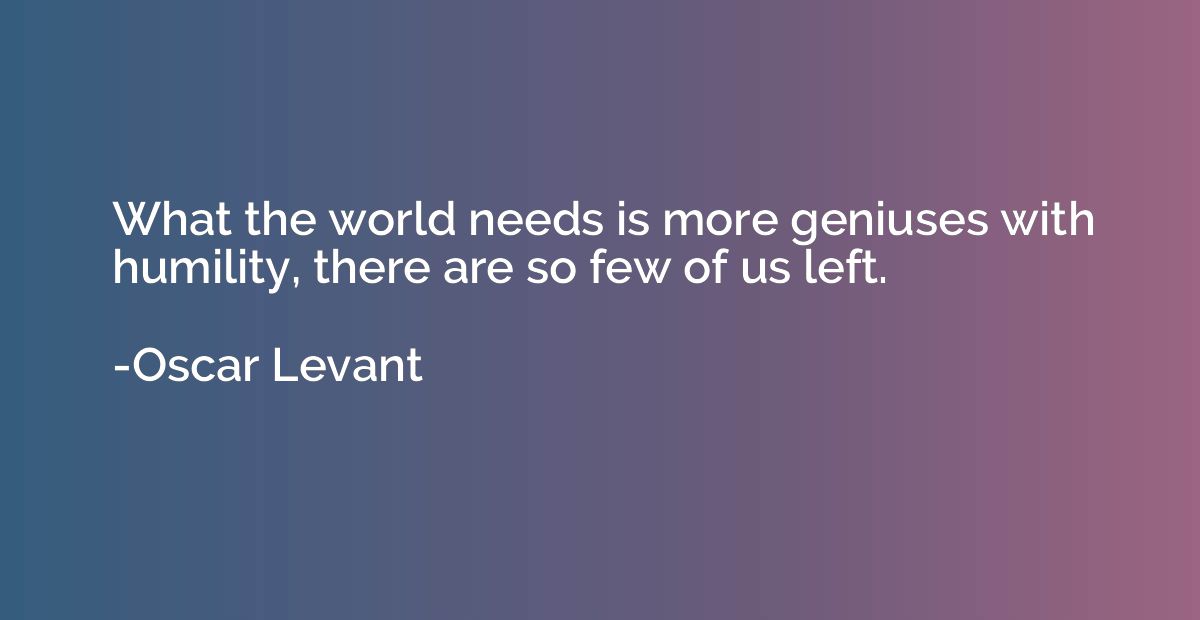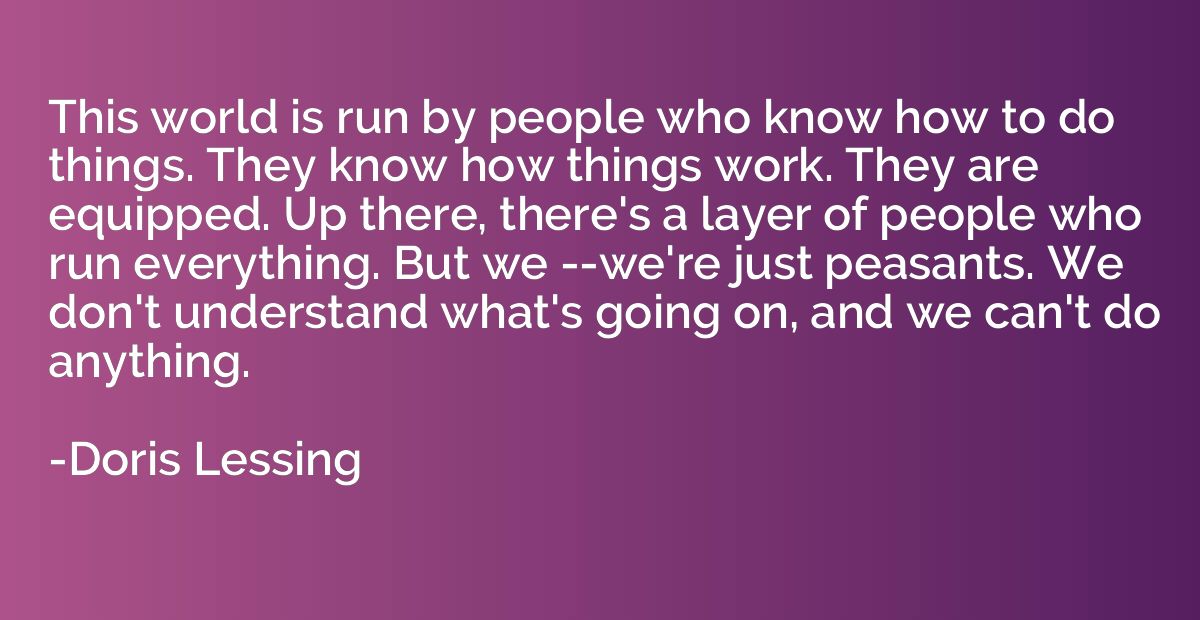Summary
This quote implies that the initial stages or starting points of any process or endeavor tend to be disorganized and chaotic. It suggests that beginnings often involve uncertainty, trial and error, and a lack of clarity or direction. However, this quote also signifies that messiness in the beginning is a natural part of the journey towards something greater. It encourages embracing imperfection and acknowledging that messiness can lead to growth, learning, and eventual success.
